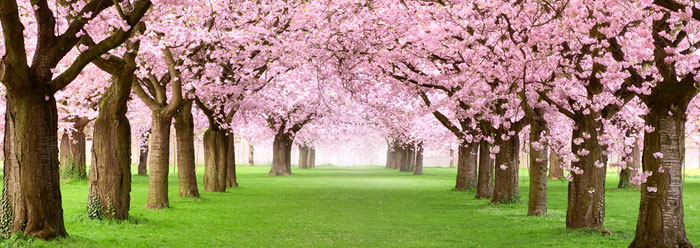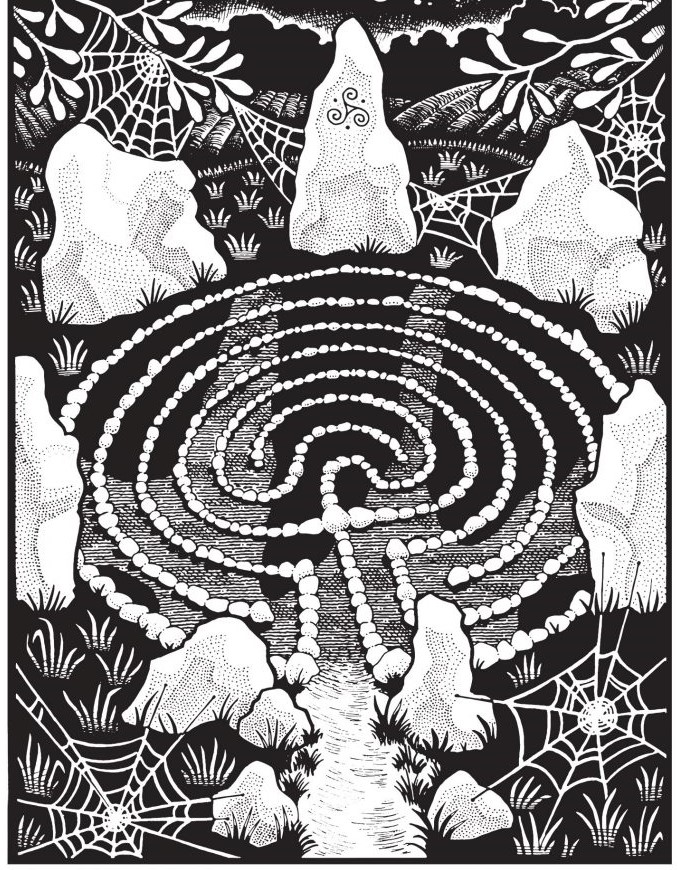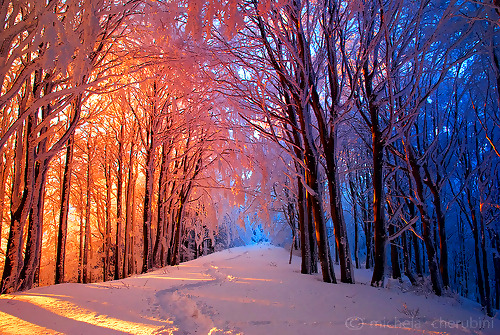 How many of us have occasionally grown weary hearing about “the good old days” from folks older than ourselves? As much as we wish to respect the wisdom of our elders, we find our attention drawn elsewhere as soon as the talk turns to the way things used to be, the simplicity of an earlier age, the beauty that has been lost in a lifetime. The impression is quickly formed that things have only gotten worse, that they will never be as good as they used to be, that something has been irrevocably lost.
How many of us have occasionally grown weary hearing about “the good old days” from folks older than ourselves? As much as we wish to respect the wisdom of our elders, we find our attention drawn elsewhere as soon as the talk turns to the way things used to be, the simplicity of an earlier age, the beauty that has been lost in a lifetime. The impression is quickly formed that things have only gotten worse, that they will never be as good as they used to be, that something has been irrevocably lost.
What about ourselves? Are we any better, living in our memories of times gone by? Even young children often have this affliction, remembering a simpler time before schools and teachers when pleasure could be found every day in the backyard. Of course, as young adults, we think back to the schools and teachers as being part of that simpler, happier time; our brains tend to filter out the drudgery of classwork in favor of the fun and excitement that occurred with a lot less frequency. Our parents in turn look back to the time when we were children and they could live playfully and vicariously through us; to face the present is to face the realization that they are no longer children themselves.
By the same token, if we’re not caught up living in our own pasts, aren’t we constantly looking to the future, trying to find something to be hopeful about? The “light at the end of the tunnel” seems to be a favorite image nowadays; we spend a great deal of our time looking towards the future as a time better than the one we are in. People work long hours, trying to build up that nest egg that will allow them to live the rest of their lives in comfort and ease; the future has got to be a better place!
There is a problem with both of these approaches, of course. In seeking the goodness of either the past or the future, we again find ourselves on a quest for a mythical paradise, one which is just over the horizon. The search for the Garden of Eden is not restricted to the physical or astral planes then; it goes on in each of us every day as we imagine that at some other point in time, we will truly be happy. Of course, as long as our imaginations allow us to believe this, we never will be.
Why is it so difficult to believe that the present is what we make of it? Someday in the near future, we’ll be those people that we politely avoid today, talking about the good old days with a wistful look. Why can’t we realize until they’re past that these are, in fact, the “good old days”? Once again, it falls back to the idea that we can accept nothing but perfection in our concept of paradise. And perfect anything, being quite impossible in a universe full of dualities, is just never going to occur.
So what answer must we face? If perfection is unattainable, then what do we strive for? Is it that constant push for something better that drives us to all of the stress-related sicknesses and injuries of our modern society? There are many who believe that it is in fact just that; that we would be healthier as a people if we could escape from the grasp of a society that constantly pushes us towards better, faster, more efficient. As many have discovered the hard way, “better” is a relative term.
If we are not living our lives for tomorrow, constantly thinking at least a few minutes ahead in time (if not longer), we suddenly realize that there is something beyond the future, a concept that we have almost forgotten about. This radical concept is that of the present, the time that exists not yesterday, not tomorrow, but right now. Think about it for a moment. What truly pleasurable things do we do in the future? I’m not talking about things we plan for, but things we actually do. Of course, there are none; pleasure is a concept tied very strictly to the present.
Of course, the past and the future need not be forgotten in the quest for a perfect “now”; in fact, to do so carries a danger of its own. From the past we develop a sense of what makes us happy, of what will give us that warm feeling inside that tells us we’re doing OK. Certainly it is a good thing to look to the past with an eye towards improving our lot today; we can take pride in our accomplishments and learn from our mistakes. The difference is that we are not living in the past, languishing for it, and ignoring what is going on around us. Try as we might, whether time is a linear or a circular progression, it is highly unlikely that we’ll be revisiting the past in exactly the form we saw it in the first time around. It is time to leave it behind an move on.
In looking the other direction, the future beckons to us with a gleaming light from far down that dark tunnel, but, as the old joke goes, that light may very well be from the train barreling at us. It is an easy trap to look to the future as the place where all of our questions will be answered, where all of our wants and needs will be taken care of, where the meaning of our lives will suddenly be revealed. Of course, the future is a trickster, for once we arrive at it, it becomes the present and we are still left looking forward.
Yet, like the past, the future certainly holds a purpose for us; this purpose is just not quite as important as we make it out to be. Certainly we need to plan for the future, to ensure our continued success and happiness. The danger is to look to the future as the source of all success and happiness, for if we do that, we will be left wanting. When a realization occurs that some small hardship today will result in a lessening hardship tomorrow, there is no difficulty following that path, but when we live our lives in hardship while yearning for some unattainable tomorrow, we’ve set ourselves up for failure.
Back to the present then. There are times when things seem bleak indeed, when the present seems to be heaping more and more upon us with no respite. How is it possible to remain positive and feel the power of paradise when the negatives seem to be so stacked against us? It can be challenging, but it often requires little more than an increase in sensitivity, an expanded awareness of the immediate environment.
The important thing to remember is to dwell neither on the past, which we will not relive, nor on the future, which may not turn out the way we imagine it will. It is too easy to become trapped in one of those timeframes; so lost in the past that we stop learning, stop reading, stop trying new hobbies or finding new friends, or so absorbed by the possibility of the future that we neglect the here and now and opt for the mysteries instead. The circle is vicious; as we constantly strive towards the future, we are destined one day to dwell in the memories of the past and wish we had made more of things when we had the chance.

 As a species, it seems as though we have spent thousands of years searching for something better, some fabulous place where our every need is met, and everyone lives happily in peace and harmony. Utopia, Paradise, Shalimar, Eden; these are but a few names for that place which we believe, deep within our hearts, must exist in some hidden corner of the world we inhabit.
As a species, it seems as though we have spent thousands of years searching for something better, some fabulous place where our every need is met, and everyone lives happily in peace and harmony. Utopia, Paradise, Shalimar, Eden; these are but a few names for that place which we believe, deep within our hearts, must exist in some hidden corner of the world we inhabit.
 Gone is the green of Summer, the brilliant reds and yellows of Autumn. In their place, shades of white; crystalline ice and snow that covers and decorates every surface, every branch of every tree. It is beautiful without a doubt; a beauty unlike any seen throughout the rest of the year, for it is a beauty of rest, of life unseen. The soft blanket of snow that covers the Earth in the Winter seems to do more than merely hide the dirt below; in some ways, it seems to cleanse, as though washing away the filth instead of merely cosmetically hiding it.
Gone is the green of Summer, the brilliant reds and yellows of Autumn. In their place, shades of white; crystalline ice and snow that covers and decorates every surface, every branch of every tree. It is beautiful without a doubt; a beauty unlike any seen throughout the rest of the year, for it is a beauty of rest, of life unseen. The soft blanket of snow that covers the Earth in the Winter seems to do more than merely hide the dirt below; in some ways, it seems to cleanse, as though washing away the filth instead of merely cosmetically hiding it.
